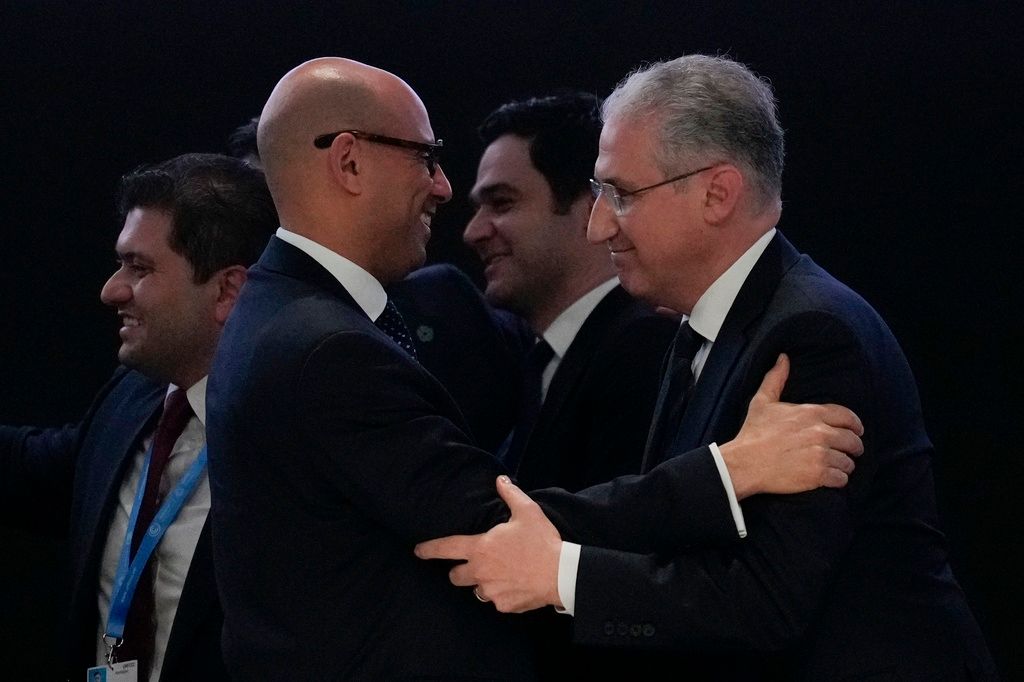U.N. Climate Talks End with Deal to Inject $300 Billion Annually into Fight Against Global Warming

Baku, Azerbaijan — The United Nations climate talks concluded in a tense and somewhat surprising manner yesterday, adopting a deal to inject at least $300 billion annually into humanity’s fight against climate change.
The deal was reached during tense negotiations in the city where industry first tapped oil, marking a significant milestone in efforts to combat global warming. The $300 billion target is aimed at helping poor nations wean themselves off coal, oil, and gas, adapt to future warming, and pay for damage caused by climate change’s extreme weather.
However, developing countries were livid about being ignored during the negotiations, with India negotiator Chandni Raina calling the deal "paltry" and saying India objects to it. Nigeria's Nkiruka Maduekwe described the deal as an insult and a joke, while Panama delegation Juan Carlos Monterrey expressed disappointment at its lower-than-expected target.
Despite the criticism from developing countries, some saw the deal as relief following tough talks. European Union's Wopke Hoekstra called it "a new era of climate funding" that would help vulnerable nations. Ireland’s environment minister Eamon Ryan said the agreement was "a huge relief," adding that it marked a significant step towards helping nations on the receiving end create more ambitious targets to limit or cut emissions.
The deal is seen as an important step towards meeting global warming ambitions, with countries anticipating that it will send signals that help drive funding from other sources. World Resources Institute President Ani Dasgupta said the $300 billion goal was not enough but was an "important down payment toward a safer and more equitable future."
However, some experts warned that the deal's flaws could undermine global efforts to combat climate change. Indigenous Environmental Network coordinator Tamara Gilbertson called it a "climate scam" with many loopholes, and Greenpeace called it a "climate scam" with "many loopholes."
As crews dismantle the temporary venue in Baku, many eyes are on next year’s climate talks in Belem, Brazil, where expectations for further progress remain high.
